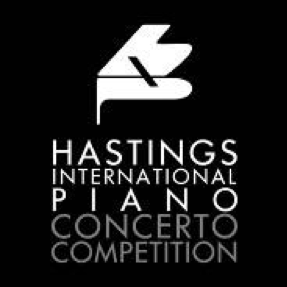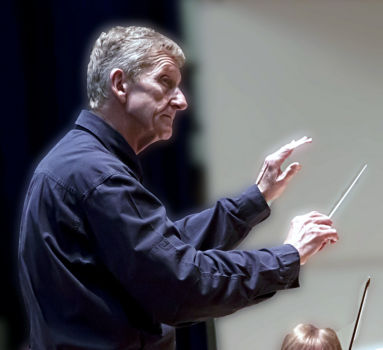The sixteenth prestigious Hastings International Piano Concerto Competition will take place for the first time in both Rye and in Hastings from 24th February to 5th March 2022.
Due to heating difficulties at St Mary in the Castle, which could not be sufficiently rectified and the lack of availability of The White Rock Theatre, Hastings International Piano have made the decision to move round one of the competition to Rye Creative Centre.
The second round, semi-final and finals of the competition will then return to Hastings and take place at The White Rock Theatre.
Hastings International Piano is delighted to announce that a unique partnership has been agreed with The Royal College of Music to create a graduate orchestra, administered in Hastings to offer Royal College of Music graduates orchestral training and paid
performance opportunities during the concerto competition semi-finals and throughout
the year. We are also thrilled that the Royal Philharmonic Orchestra will return to accompany our finalists during our two-night Final. Steinway and Sons, the most prestigious piano maker in the world was recently announced as the piano sponsor for the next concerto competition.
Tickets for all rounds of the competition at both venues in Rye and Hastings can be purchased from The White Rock Theatre Box Office from :
Monday 22 November: Presale for Friends & Patrons of Hastings International Piano
Wednesday 24 November: Public Booking Opens


